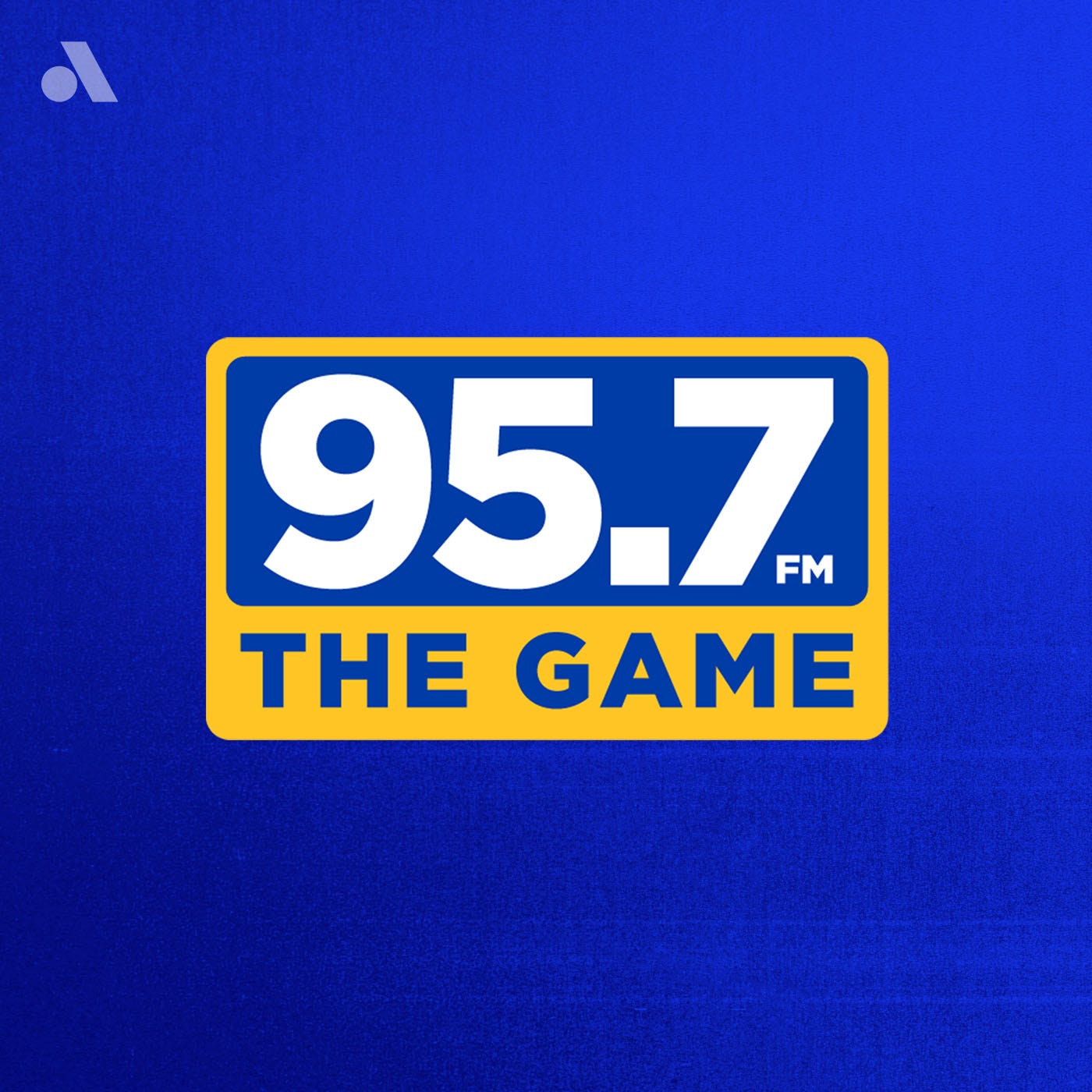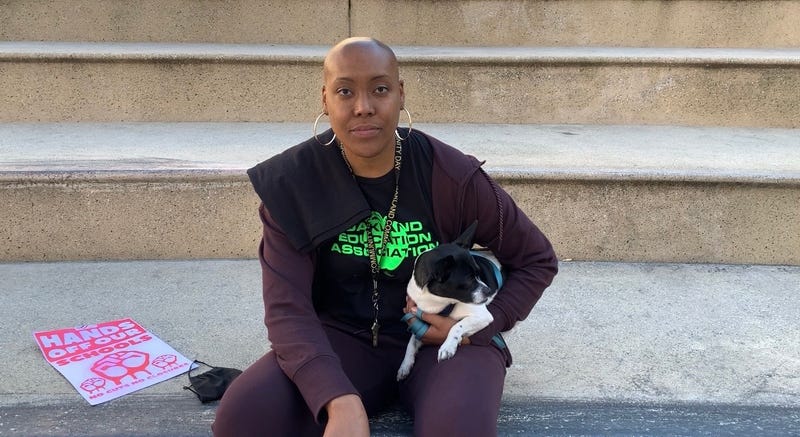The Oakland Athletics' pursuit of a new ballpark at Howard Terminal has cleared a substantial hurdle.
The Oakland City Council on Thursday night voted 6-2 certify the city's final environmental impact report.

Council members Nikki Bas, Rebecca Kaplan, Dan Kalb, Loren Taylor, Treva Reid and Sheng Thao all approved the report, while Noel Gallo and Carroll Fife vote against, the latter of whom represents the district where Howard Terminal is located.
The city council met for nearly eight hours, first voting 7-1 to pass a resolution requiring freight compatibility and the community benefits agreement to be approved prior to, or simultaneously with, the approval of a development agreement. Public hearing on the environmental impact report began more than three hours after the meeting started around 3:30 p.m., and the council passed a motion extending the meeting five hours after it started. The final vote on the occurred just before 11:30 p.m.
"Tonight's vote by the city council was a historic moment for Oakland’s future," Mayor Libby Schaaf said in a statement following the vote. "Tonight’s action is more than a milestone – it's a giant leap forward in our shared mission to create a regional destination that gives back our waterfront to the public, connects a new vibrant neighborhood to our downtown, and provides tens of thousands good union jobs for our residents – and it does it all while keeping our beloved A’s rooted in Oakland."
"We've never been this far in terms of making our vision for the waterfront ballpark for the A’s a reality," A's president Dave Kaval told the San Francisco Chronicle. "There is still a lot of work to be done. This is an important accomplishment and an important milestone to reach."
Before Thursday's meeting, hundreds of members of the Oakland Education Association and local chapters of the International Longshore and Warehouse Union protested outside of City Hall. The unions protested pending public school closures and the Howard Terminal ballpark project, fighting back against what they deem the privatization of the Oakland Unified School District and the Port of Oakland.

"It's all connected," Elisabeth Bailey Barnett, an East Oakland resident who teaches at Community Day School, told KCBS Radio's Sydney Fishman at the protest on Thursday afternoon. " ... As soon as they close a school, two months later, they'll go, 'Oh, look! We've got an empty building. Well, what should we do?' You're gonna sell it for the profit, or you're going to allow another charter school to come in, take that space, and all they're going to do is suck more kids out of the schools you just closed, or out of the schools you just merged."
ILWU members and other opponents of the proposed multi-billion waterfront development, which includes a $1 billion, 34,000-seat stadium, echoed the privatization concerns during Thursday's meeting. One port worker called it a "land grab" in the vein of the "Teapot Dome" scandal.
A range of residents, including some who backed the project, expressed concerns about a lack of affordable housing and additional gentrification leaving West Oakland residents behind. Others said the report itself, and the speed at which it was written, was inadequate.
Listen to Bay Area sports talk now on Audacy and shop the latest Athletics team gear
Supporters, including members of unions representing stadium vendors, construction workers and other trades, pressed the council to certify the environmental report. Former Mayor Jean Quan, one of the proponents, argued the Howard Terminal project would accomplish twin goals of keeping professional baseball in Oakland and generating thousands of jobs.
Fire said during the meeting she was concerned how fast the process moving and worried that they "were moving in a direction" that would "negotiate away" residents of Chinatown, West Oakland and Old Oakland.
While Thursday's vote was a critical step towards a new state-of-the-art ballpark in Oakland, it does not represent a binding agreement between the A's and the city. Various other proposals need to be approved by the council in the coming months, notably the development agreement and community benefits agreements, both of which Schaaf previously told KCBS Radio will address "a myriad of issues very important to Oaklanders." She added that the city hopes to present the agreements to the council "later this summer."

